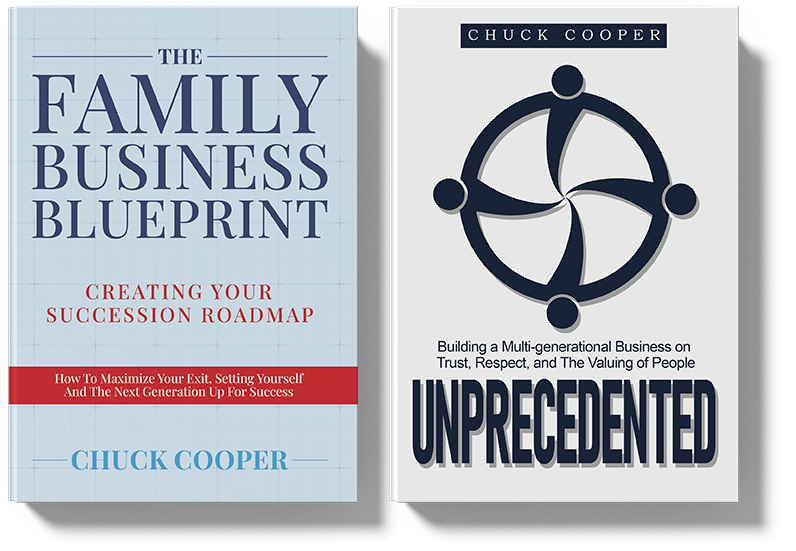In our new book, Unprecedented: Building a Multi-Generational Business on Trust, Respect and the Valuing of People, we provide business owners and HR teams with some signposts for enacting cultural change. Specifically, we outline some principles that can help employees feel like they are genuinely valued.
That’s an important topic, one that can benefit the business just as much as the employee. After all, when employees feel like their employer values them, they tend to be a lot happier in the workplace, more productive, and less likely to seek out new employment opportunities.
So what are some of the concrete ways in which you can help your employees feel valued? Here are a few suggestions to start with.
10 Ways to Help Employees Feel Valued
- Offer reasonable compensation. When you offer a new hire truly robust and competitive compensation, it signals to them that they are valued from the get-go. Fair base pay, holiday and vacation pay, raises, bonuses, incentives, retirement contribution matches, and health and wellness benefits should all be considered.
- Provide work that’s meaningful. Employees feel valued when they are well-compensated, but also when they feel like they are given work that actually matters. Make sure you’re clear and consistent in communicating how each employee and each department provides value to the customer, or supports other key personnel.
- Emphasize work-life balance. Every company claims to prioritize balance, but what are some tangible, practical ways of doing so? Some suggestions to consider: Offer wellness days. Encourage your employees to be autonomous, and allow them to work without micromanagement. Create remote work opportunities when possible. And be respectful when it comes to after-hours communication expectations.
- Celebrate accomplishments. Demonstrate recognition to employees or departments when they do something really amazing, like earning high customer satisfaction ratings or exceeding a monthly sales goal. You can do this with a handwritten note or with a company-wide announcement.
- Offer opportunities for professional development. Another way to help employees feel valued is to give them some opportunities to learn and hone new skills. Cross-training between departments can be especially valuable.
- Consider merit-based raises and promotions. Reward employees who gain new skills, receive new certifications, or simply get better at their job. Instead of length-of-tenure raises, think about merit-based raises and bonuses, too.
- Offer your time and attention. Employees tend to feel valued when their manager or supervisor invests time in them. This may mean stopping by their desk to chat, checking in via Skype, offering to get together after-hours, or being specific and personal during annual performance reviews.
- Host social events. Company happy hours, picnics, and holiday parties really can go a long way toward conveying to employees that they are valued.
- Conduct surveys. Another way to help employees feel valued? Make it clear that you actually care about what they think. Sending out regular pulse surveys is a great approach.
- Ask and act on feedback. You can also solicit feedback less formally; for example, make sure you ask employees during their performance reviews how you can better serve them. And when you get feedback, be intentional to act on it!
These are really just a few of the most basic strategies for building a culture in which employees feel valued. To learn more, we invite you to check out the book, or to reach out to WhiteWater Consulting to set up a time to chat.


